How To Buy Property in Vietnam As a Foreigner?
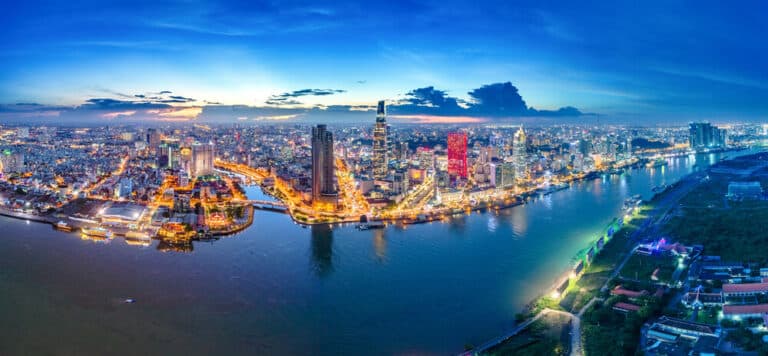
Introduction
In this comprehensive guide, we will explore the process of buying property in Vietnam as a foreign investor. Vietnam has emerged as a promising destination for property investment, attracting companies, investors, expats, and tourists from around the world. With its rapidly growing economy and favorable investment climate, Vietnam presents abundant opportunities for foreign buyers. In this article, we will delve into the reasons for investing in Vietnam, highlight the best cities for property purchase, discuss the legal framework, and explore various ownership options available to foreigners.
Table of Contents
Reasons for Buying Property in Vietnam
Vietnam’s property market has experienced remarkable growth, making it an attractive investment opportunity. Let’s explore some of the key reasons why buying property in Vietnam is a wise decision for foreigners.
1. Accelerating Foreign Direct Investment
Foreign direct investment (FDI) has played a pivotal role in Vietnam’s economic growth. The country has witnessed a significant increase in both disbursed and registered FDI. In 2017 alone, the disbursed FDI reached US$9.05 billion, representing a 5.8% year-on-year increase.
Moreover, the registered FDI amounted to US$21.93 billion, showing a remarkable 52% year-on-year increase. This continuous inflow of FDI has created a strong foundation for Vietnam’s economic development, making it an attractive destination for property investment.
2. Unstoppable Surging Economy
Vietnam boasts a stable inflation index of 4%-5%, providing a favorable economic environment for property investors. The country has achieved an average annual growth rate of 8.4% in per capita GDP between 2010 and 2016, outpacing several other Southeast Asian nations such as India, Cambodia, and the Philippines.
Furthermore, it is projected that the number of upper-income households in Vietnam will more than double by 2020, while the middle-income households will experience a staggering growth of 52.8%. This economic growth and expanding middle class create a strong demand for housing and properties.
3. Growing Population
Vietnam’s population is on a steady rise, with an estimated increase of 25 million people by 2040, reaching approximately 120 million. This demographic growth directly translates into a higher demand for housing and properties. As an investor, you can capitalize on this growing population trend by acquiring properties in strategic locations.
4. Soaring Vietnam's Property Prices
While property prices in Vietnam have been on the rise, they still remain relatively affordable compared to other ASEAN countries like Singapore and Hong Kong. The primary driving force behind the increasing demand for housing is the wealthy households and foreign white-collar groups. Despite the surge in prices, Vietnam’s properties offer excellent value for investment.
Best Cities in Vietnam to Buy Property
Vietnam offers several cities that provide conducive conditions for foreigners to invest in property. Here are some of the most alluring cities for property investment in Vietnam:
1. Hanoi
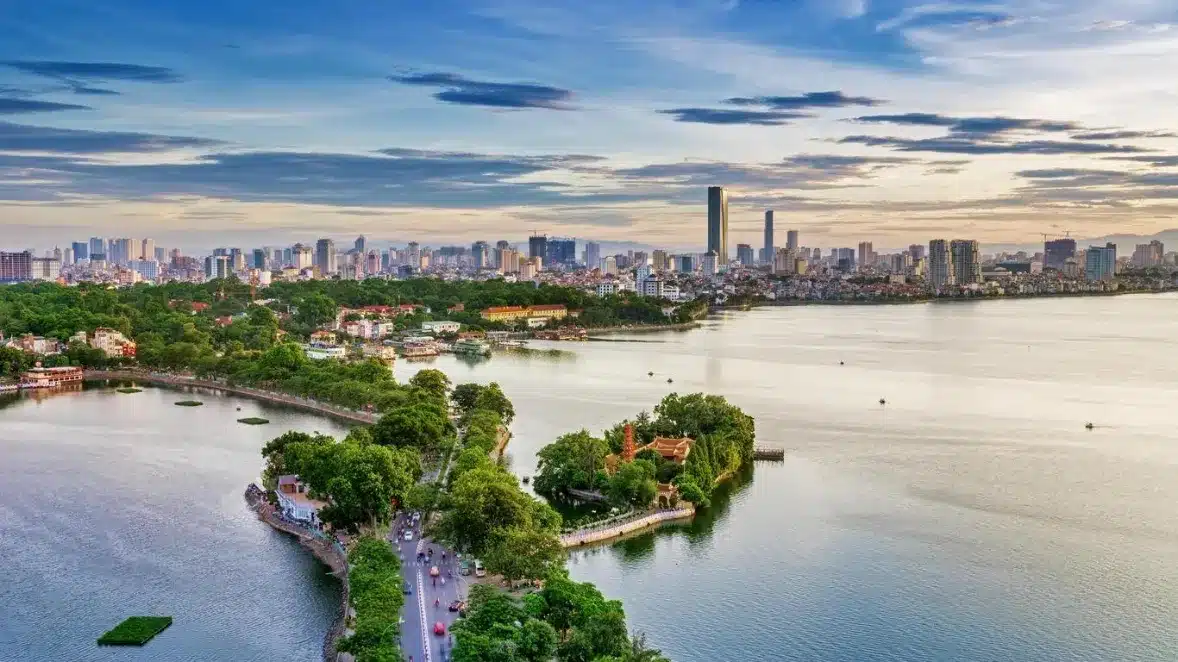
Hanoi, Vietnam’s cultural and industrial center, boasts the highest human development index in the country. It is recognized as one of the fastest-growing cities globally by PwC. In Hanoi, you can find luxurious apartments at an average price of $3,000 per square meter. The city’s robust economic growth, combined with its rich cultural heritage, makes it an attractive destination for property buyers. Luxurious apartments in Hanoi have an average price of $3,000 per square meter.*
2. Ho Chi Minh City
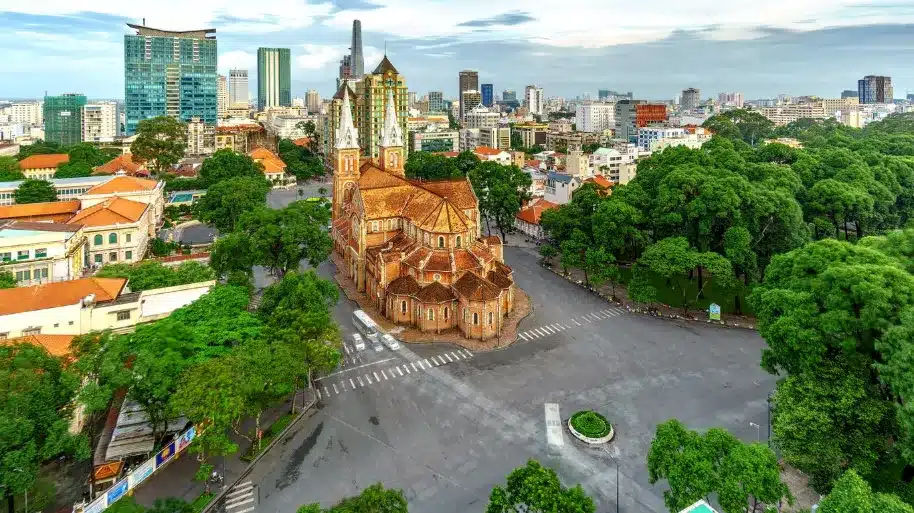
Ho Chi Minh City, the largest city in Vietnam, serves as the financial and economic hub of the country. It has witnessed a significant influx of expats and locals, necessitating the construction of more apartments. According to CBRE, 60,000 apartment units were completed in 2018, with 66% of the buyers being investors. The dynamic nature of this city presents lucrative opportunities for property investment.
The average price per square meter for apartments in Ho Chi Minh City varies depending on the location and property type. In popular areas, prices range from $2,500 to $5,000 per square meter.*
3. Nha Trang
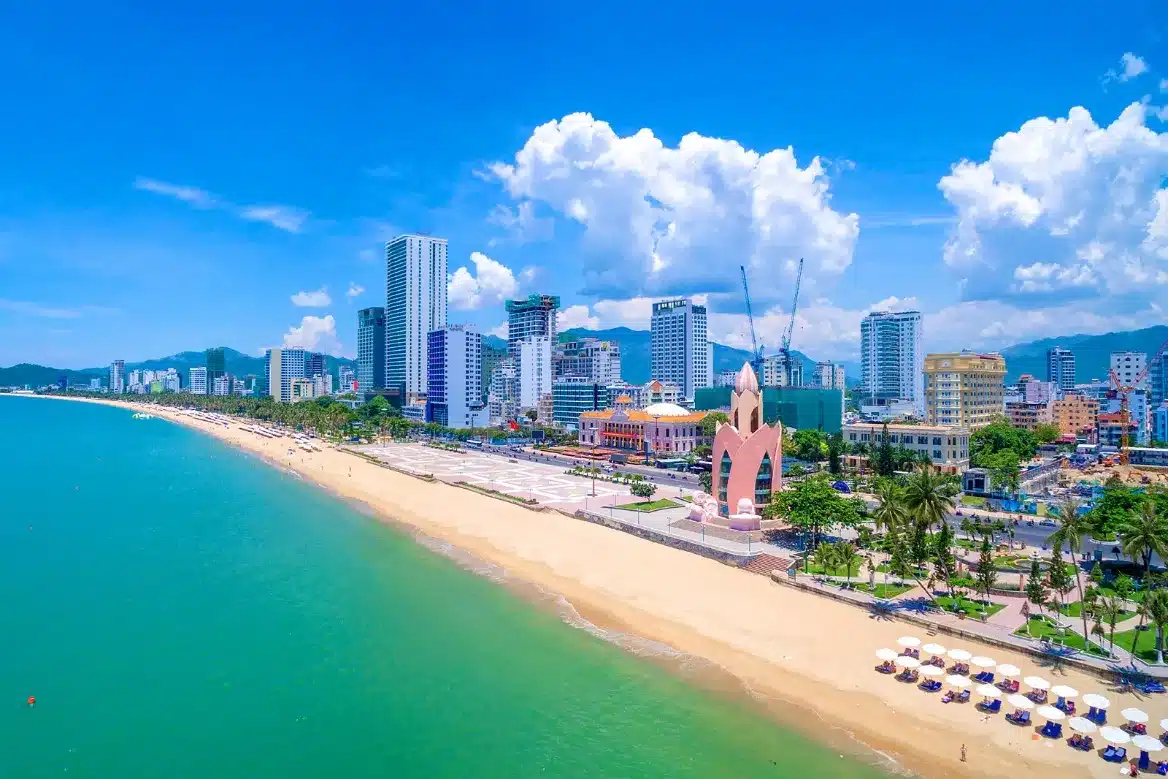
Located in central Vietnam, Nha Trang is a coastal area that has experienced a significant rise in its economy, thanks to the booming tourism industry. As tourism continues to flourish, the demand for properties in Nha Trang has increased proportionally. Investors looking for coastal properties should consider Nha Trang as a prime location.
The average price per square meter for properties in Nha Trang is around $1,500 to $2,500, with coastal properties often at the higher end of the range.*
4. Da Nang
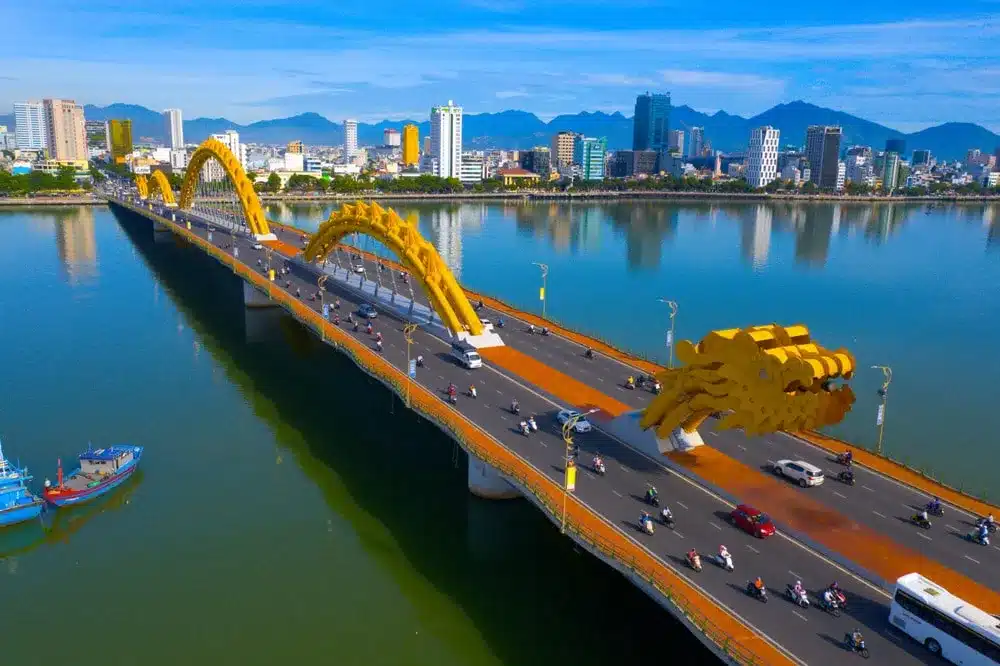
As the fourth-largest city in Vietnam, Da Nang welcomes approximately 6 million passengers annually through its international airport. This thriving city offers an ideal environment for foreign property investment, particularly in high-end resorts offering beachfront apartments for sale, hotels, and beachfront villas. Da Nang’s strategic location and growing tourism sector make it a desirable destination for property buyers.
The average price per square meter for properties in Da Nang ranges from $1,500 to $3,000, depending on the location and property type.*
Foreign Ownership of Property in Vietnam
Foreigners interested in buying property in Vietnam will be pleased to know that the government has made significant efforts to facilitate foreign investment. The Vietnamese Law on Residential Housing (LRH) was enacted in 2015, easing property purchase restrictions for foreigners. Let’s explore the key points of this law:
- Foreigners can purchase property in Vietnam by having a travel tourist visa; there is no longer a maximum limit on the number of property units they can acquire.
- However, some restrictions still apply. For example, foreigners cannot own more than 250 houses in a single ward. Additionally, they can purchase up to 30% of the units in condominium blocks and cannot possess more than 10% of the properties in a landed project.
- The leasehold period for properties is 50 years, but it can be renewed. Moreover, foreigners who marry Vietnamese citizens can be eligible for freehold ownership.
Can Foreigners Buy Land in Vietnam?
Foreigners are not permitted to purchase land in Vietnam. However, thanks to Vietnam’s Land Use Rights (LUR), foreigners can lease land and exercise control over it for a leasehold period of 50 to 70 years, with the option to renew the lease. It’s important to note that freehold ownership of land is only granted to foreigners who are married to Vietnamese citizens. Despite not being able to own land directly, foreigners can still own properties built on leased land.
Alternative Option: Starting a Company
Apart from the leasehold option, foreigners can also purchase property in Vietnam by establishing their own company. Two popular legal entity options are:
- A 100% Foreign-Owned Company: Setting up a fully foreign-owned company in Vietnam allows you to acquire properties on behalf of your company for a specified term. The process of registering a foreign-owned company is straightforward and can be completed in 4-6 weeks. During this time, you will obtain an Investment Registration License and a Business Registration Certificate. The lease agreement under your company’s name will be valid for the duration of the Investment License, which has a validity of 10 years. Additionally, you have the flexibility to sell properties owned by your company.
- A Joint Venture Company: Another option is to establish a joint venture company with a Vietnamese citizen. This local-owned company allows you and your Vietnamese partner to participate in property purchases, building purchases, and real estate projects. The ownership of property under this joint venture company ceases only when the company decides to terminate.
Purchasing a Business in Vietnam
If you’re considering investment opportunities beyond residential properties, purchasing a business in Vietnam can be an enticing option. Vietnam’s vibrant economy and favorable business climate make it an attractive destination for entrepreneurs.
The process of acquiring a business in Vietnam involves several key steps. Firstly, conducting thorough due diligence is crucial to assess the financial health, legal compliance, and market position of the target business. Engaging the services of a reputable local lawyer or business consultant can help navigate the legal and regulatory requirements.
Additionally, it’s essential to negotiate a fair purchase price and draft a comprehensive sales agreement that outlines the terms and conditions of the transaction. Finally, obtaining the necessary approvals and licenses from relevant authorities, such as the Department of Planning and Investment, is a crucial part of the process. Working with a knowledgeable team of professionals can streamline the process and ensure a smooth acquisition of a business in Vietnam.
Note: This information is for informational purposes only and does not constitute legal or financial advice. It is recommended to seek professional guidance and conduct thorough research when considering the purchase of a business in Vietnam.
Conclusion
Vietnam’s property market presents an exciting landscape for foreign investors. With its growing economy, favorable investment climate, and easing of property purchase restrictions, Vietnam offers ample opportunities for those looking to invest in real estate. By understanding the legal framework
* The prices per sqm in this article are provided as a general guideline and can vary based on factors such as the property’s condition, amenities, location, and market demand. It’s always advisable to consult with local real estate agents or professionals for the most accurate and up-to-date pricing information.
Our advisors can help you find the best buying opportunities and offer you current real estate promotions. Do not hesitate to send us a message explaining your search.
Related Articles
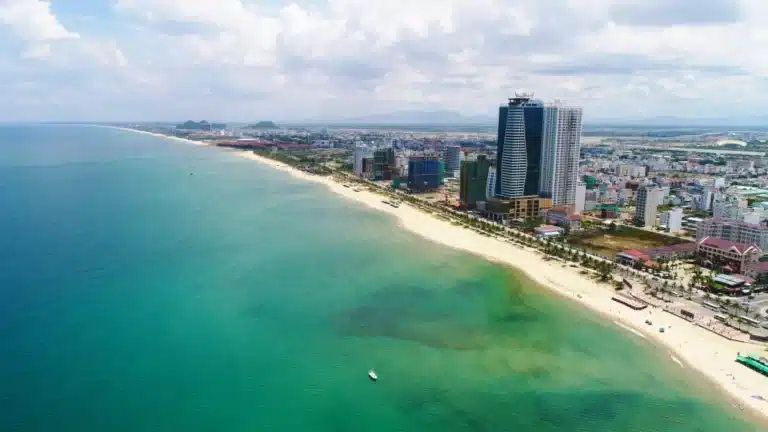
The best condominiums to buy a beachfront apartment in Danang
The Best Condominiums to Buy a Beachfront Apartment in Danang Discover our list of the best condominiums in Danang to

How To Buy a Business in Vietnam
How To Buy a Business in Vietnam A foreign investor / entrepreneur has the choice between buying a company entirely,
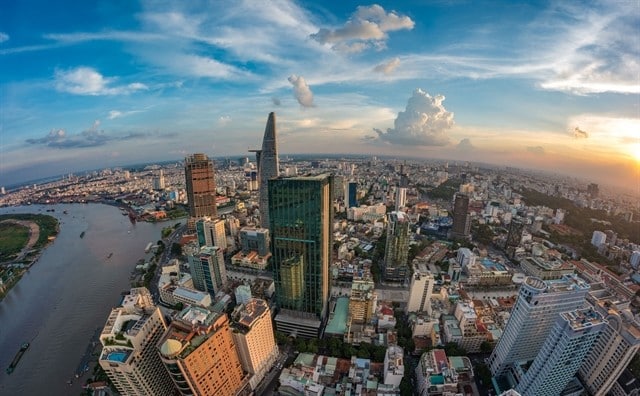
Vietnam Real Estate FAQ
Vietnam Real Estate for Foreigners – Frequently Asked Questions Can foreigners buy real estate in Vietnam? Since July 1st, 2015,
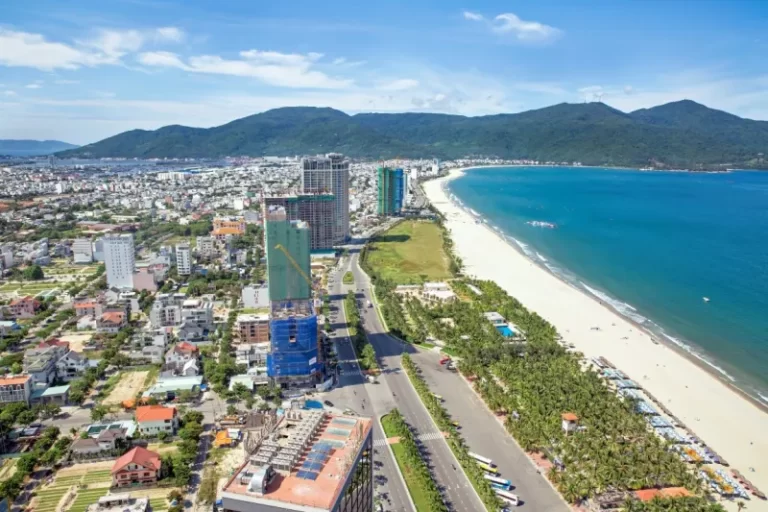
Buying Real Estate in Danang: What You Need To Know
Buying Real Estate in Danang: What You Need To Know Danang Beach Why buying real estate in Danang? Da Nang
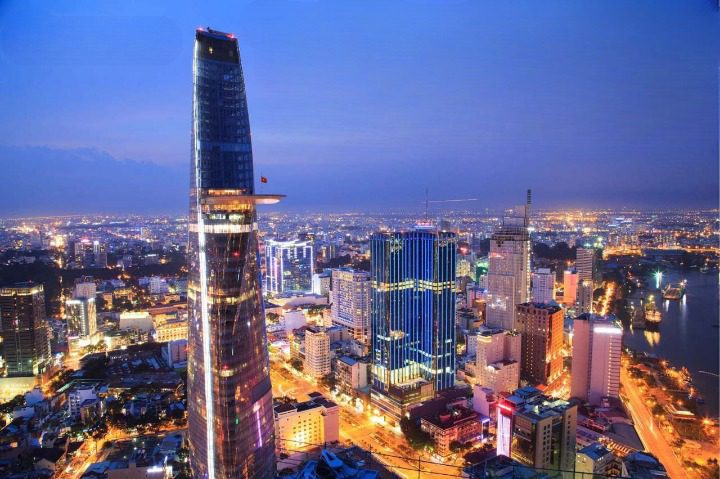
The main reasons why you should invest in Vietnam
The main reasons why you should invest in Vietnam Vietnam has emerged as a premium market choice for foreign investors
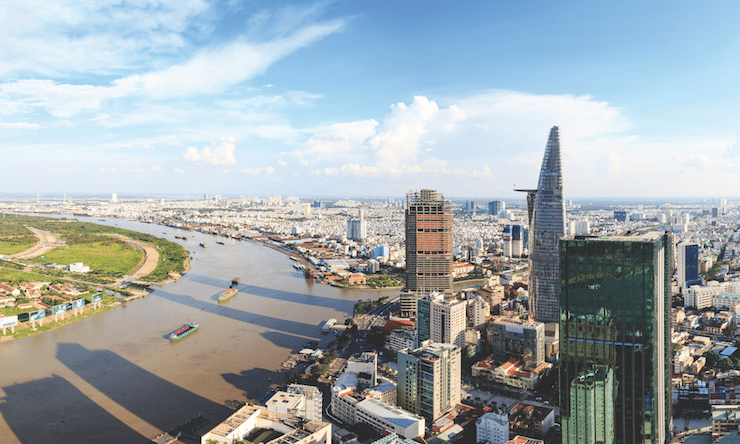
Can foreign buyers set up a company to invest in real estate in Vietnam
Can foreign buyers set up a company to invest in real estate in Vietnam? Vietnam’s policy of opening up to
Properties that may interest you
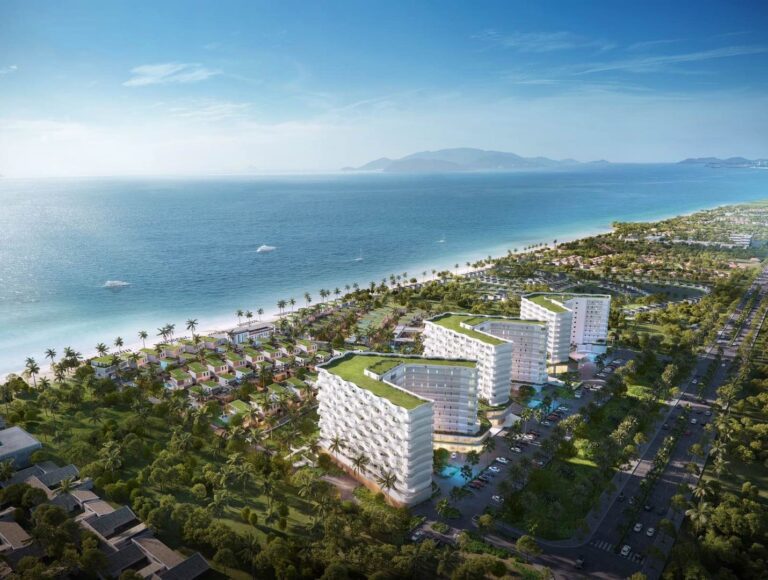
Hoi An Beach Apartment For Sale – Shantira
Previous Next Vietnam Beachfront Apartments & Condominium For Sale Project Already Under Construction: See Video Below Studios & 1, 2,
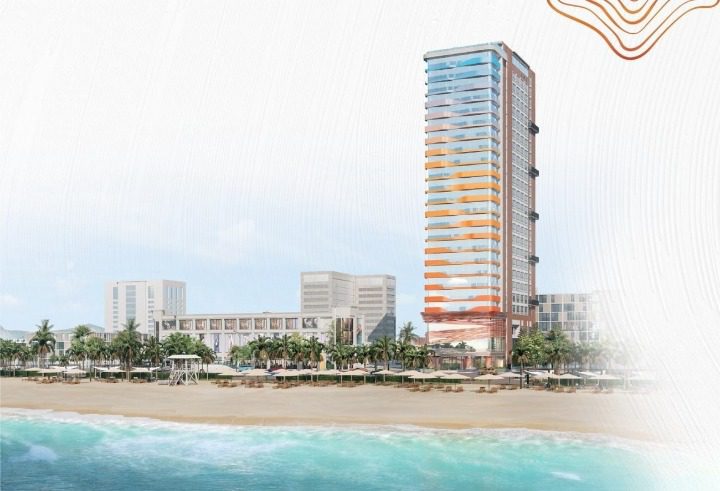
Felicia Danang 1 Bedroom Apartment
Beachfront Condo Felicia Danang: 1 Bedroom Apartment For Sale 1 Bedroom | 1 Bath | Living area: 30 m² From
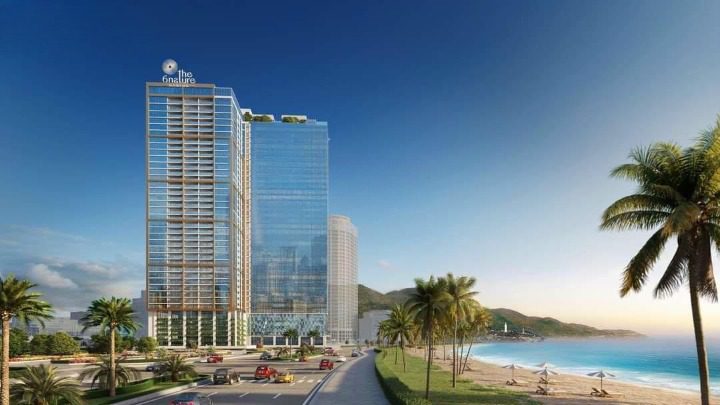
The 6 Nature Danang 2 Bedroom
The 6 Nature Danang – New 2 Bedroom Beachfront Apartments 2 Bedrooms | Living are: 88m2 From US$200,000 Previous slide
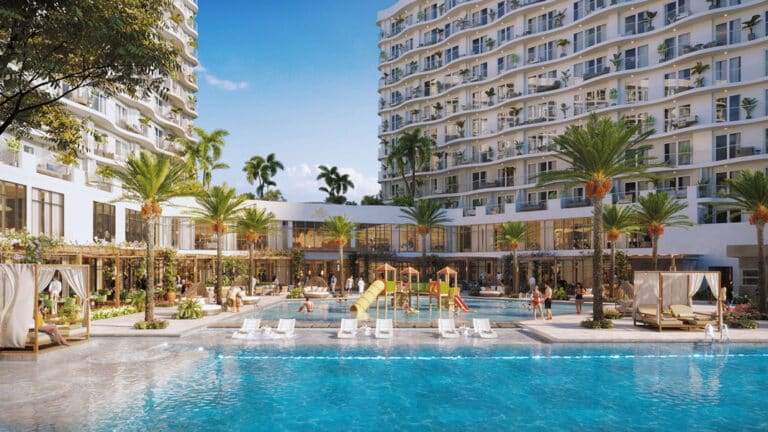
Shantira Studio For Sale
Danang New Sea View Studios For Sale Studio | 1 Bathroom | Living area: 34 m² From US$85,000 https://www.youtube.com/watch?v=skI2gx_5FnY Brand
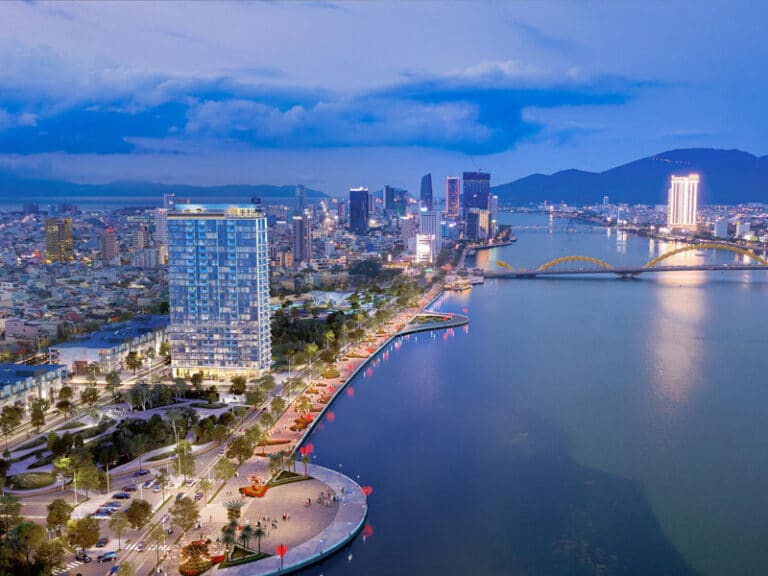
The Filmore Danang Two Bedroom Apartment
Riverfront Danang Apartment 2 Bedroom For Sale 2 Bedroom | Indoor Living Area from 71 sqm | Terrace 15 m2 From
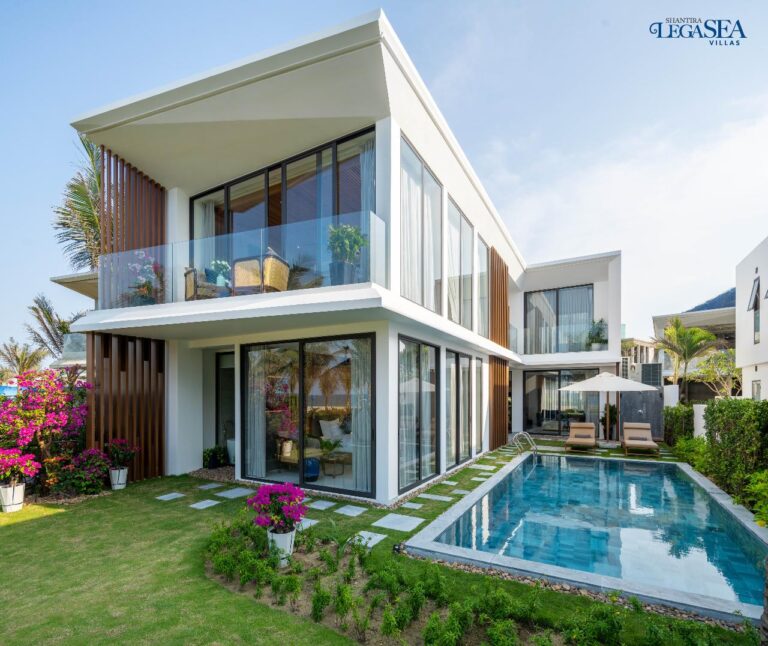
Beachfront villas for sale in Hoi An da nang
Vietnam Luxury Beachfront Villas For Sale in Hoi An Complex Under Construction: See Video Below 2 & 3 bedrooms |

